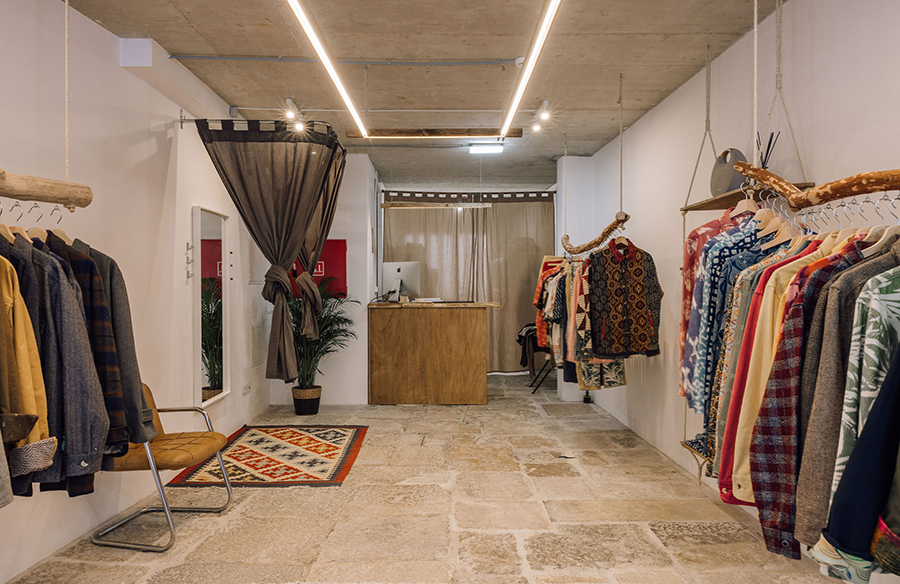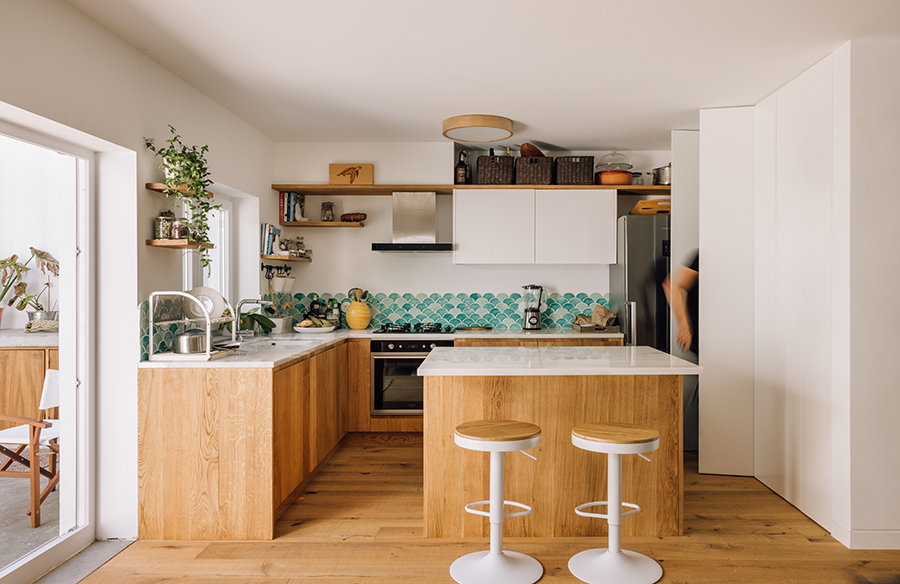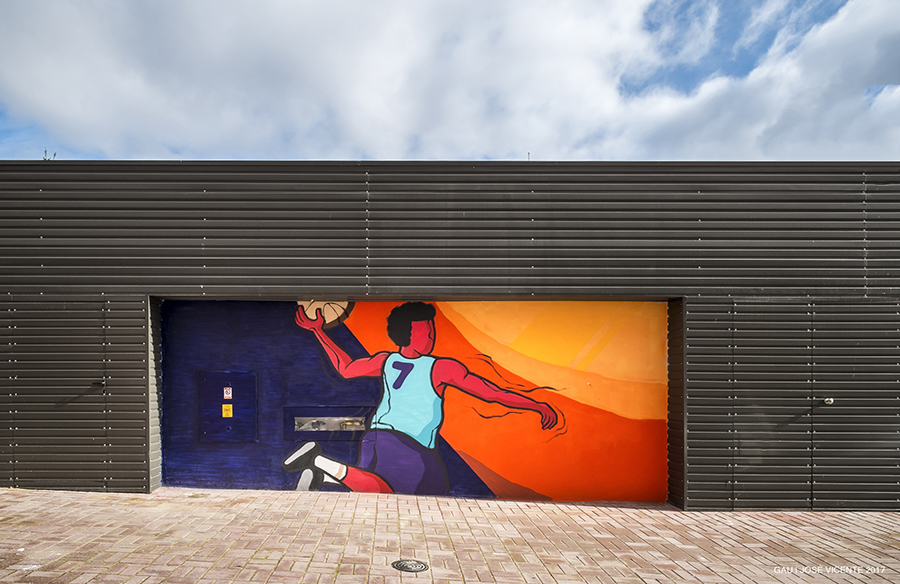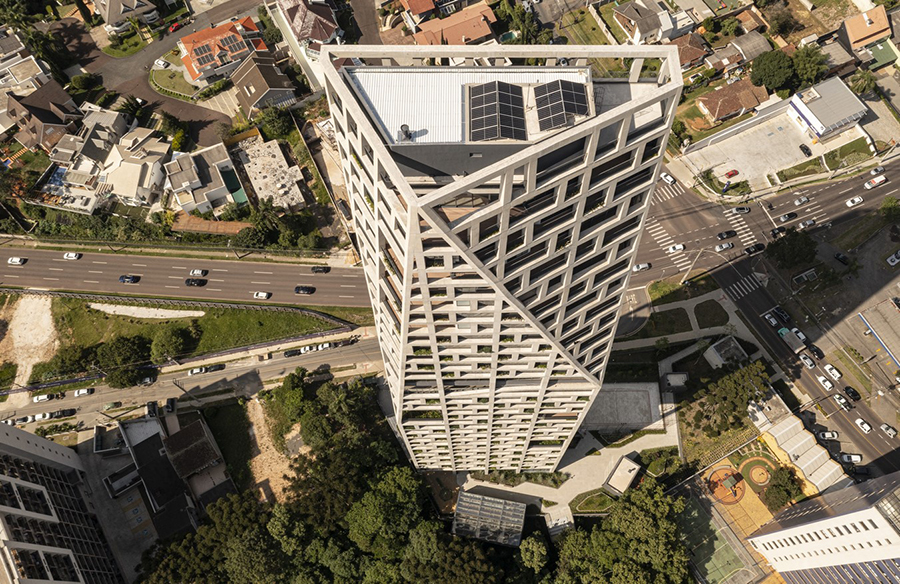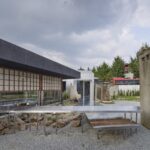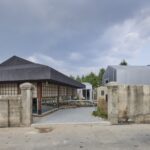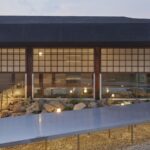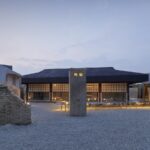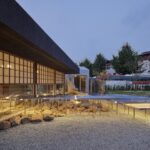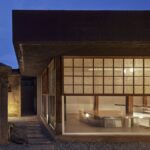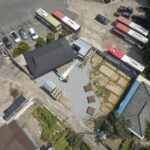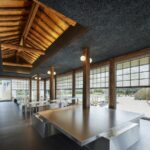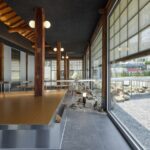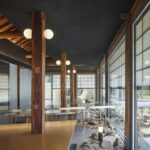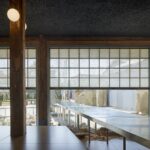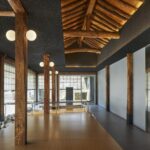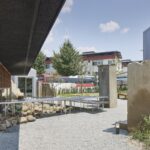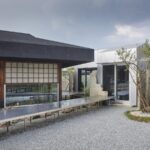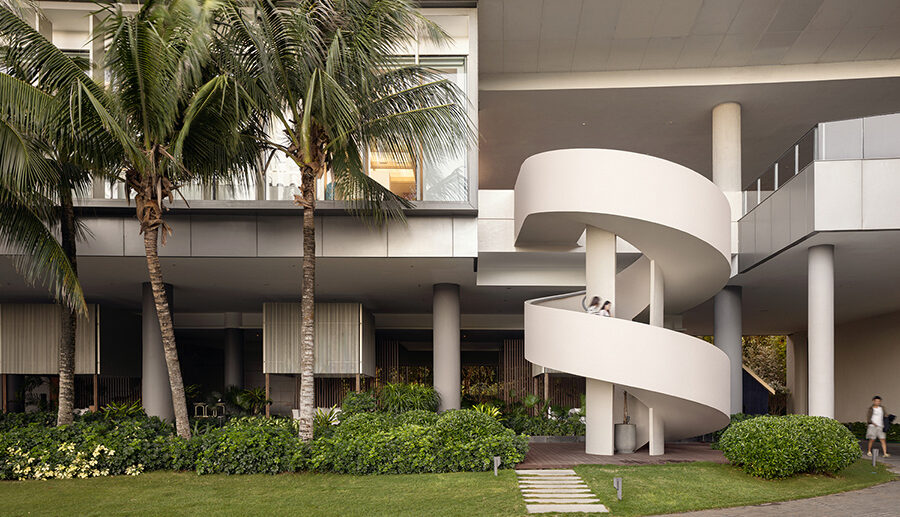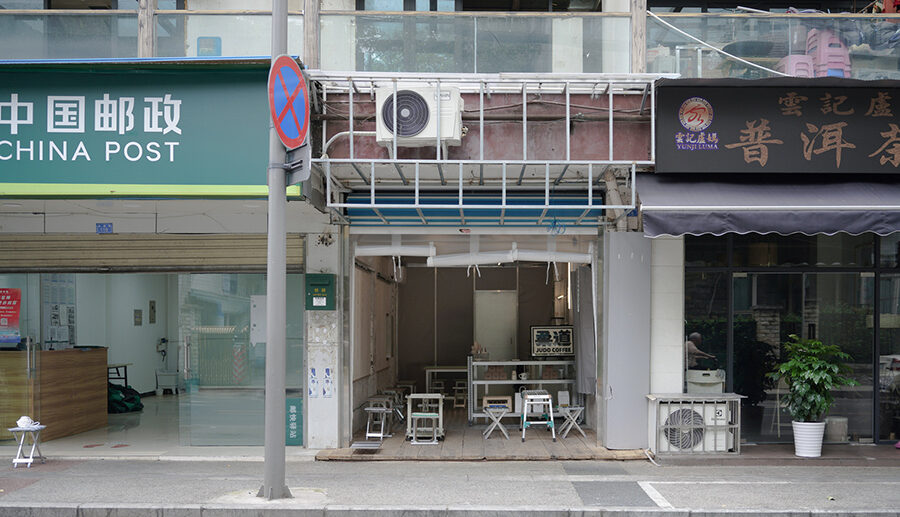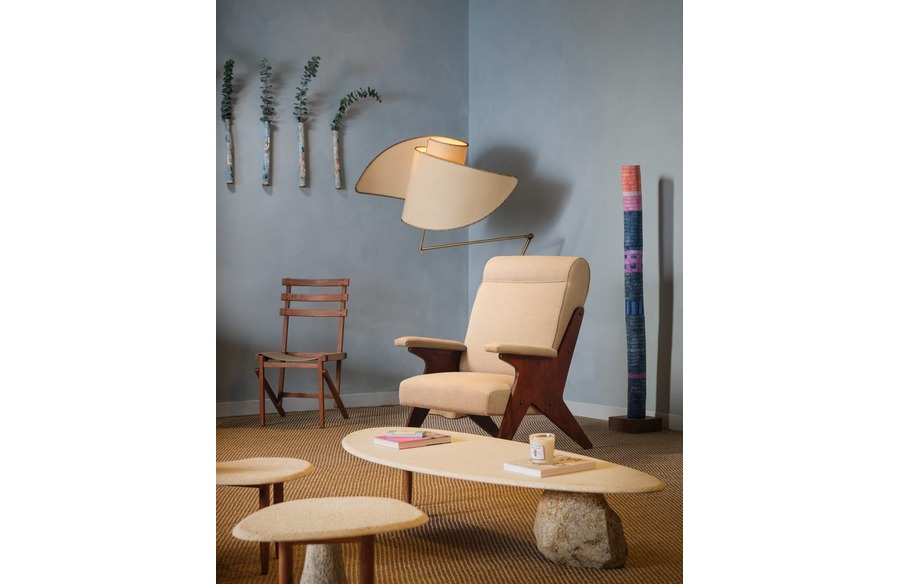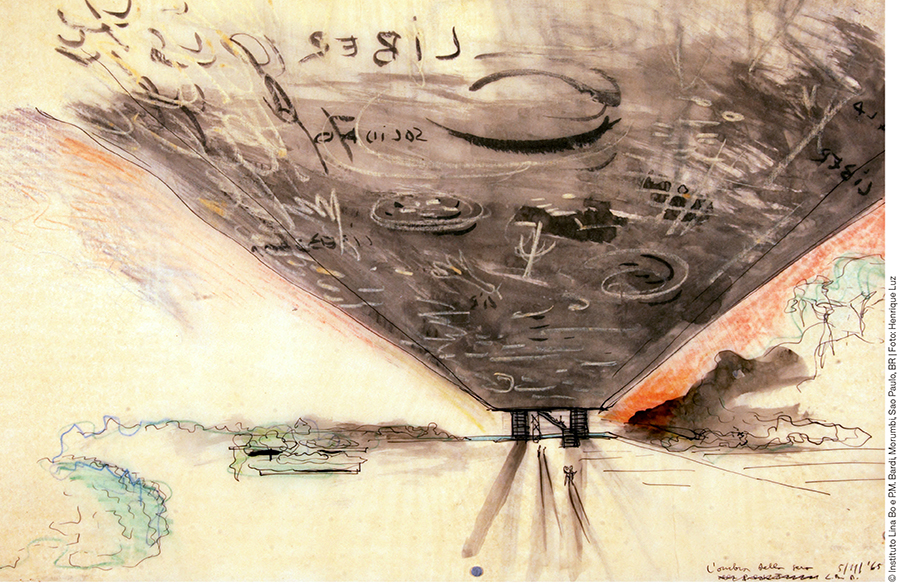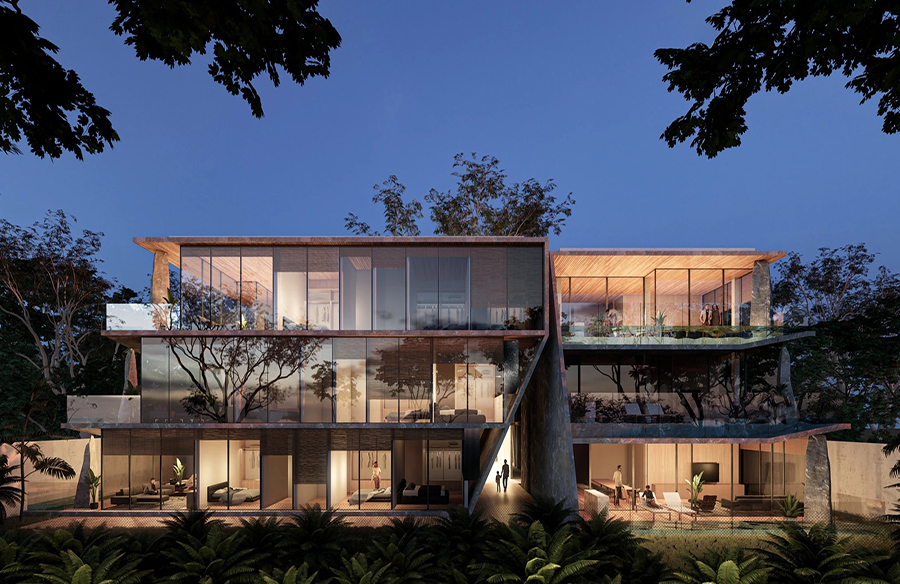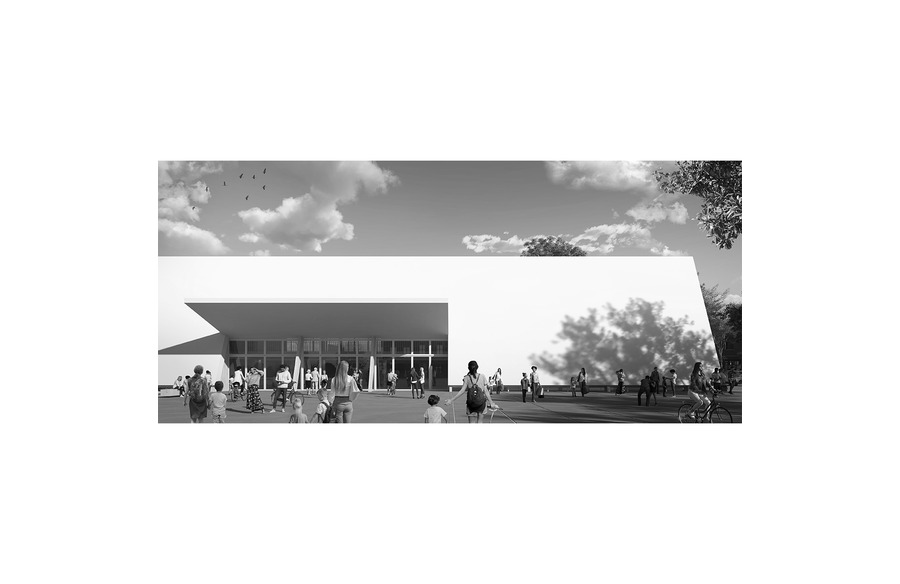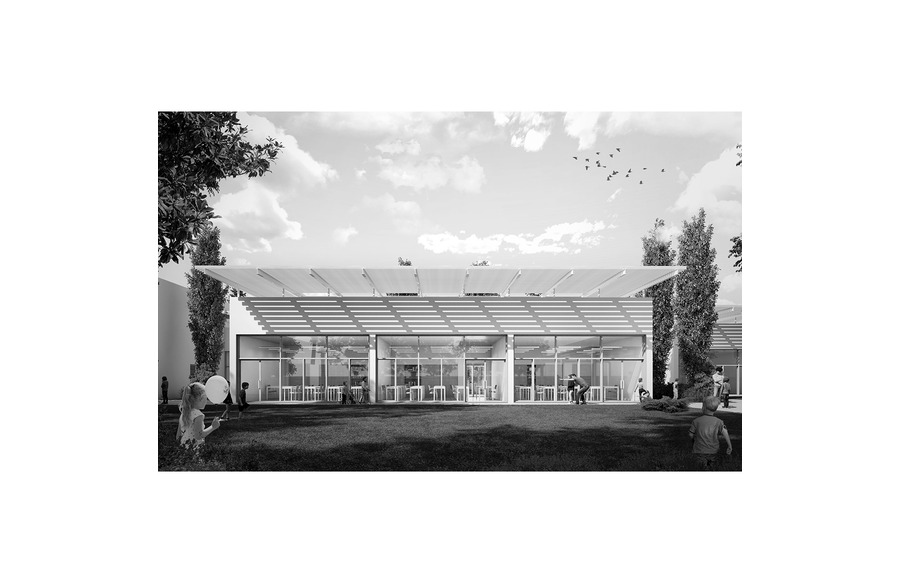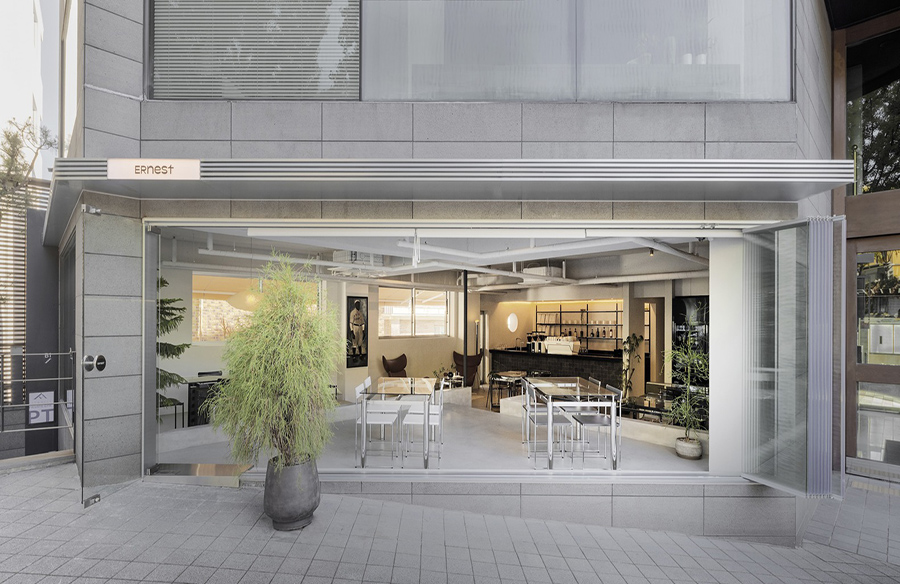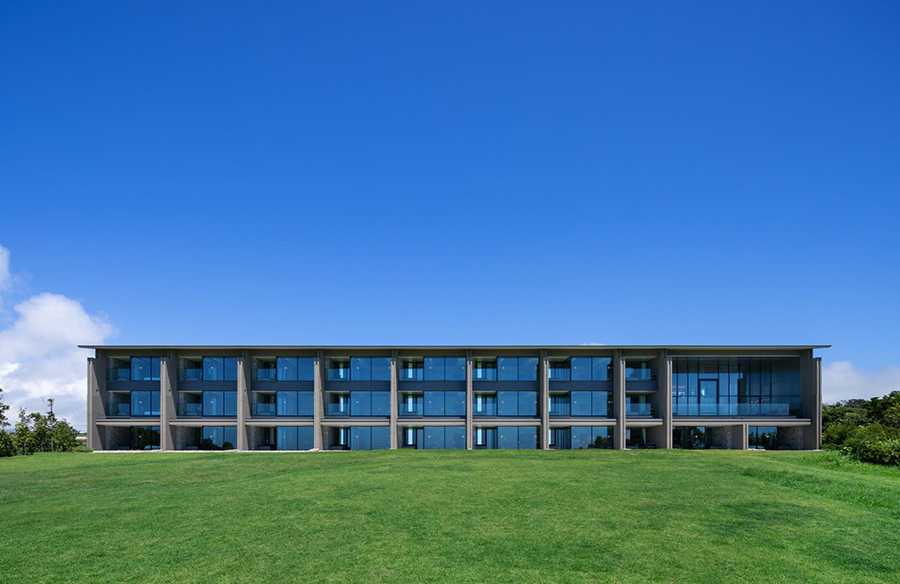Reviving Palbok-dong: The Journey of Joomak Restaurant
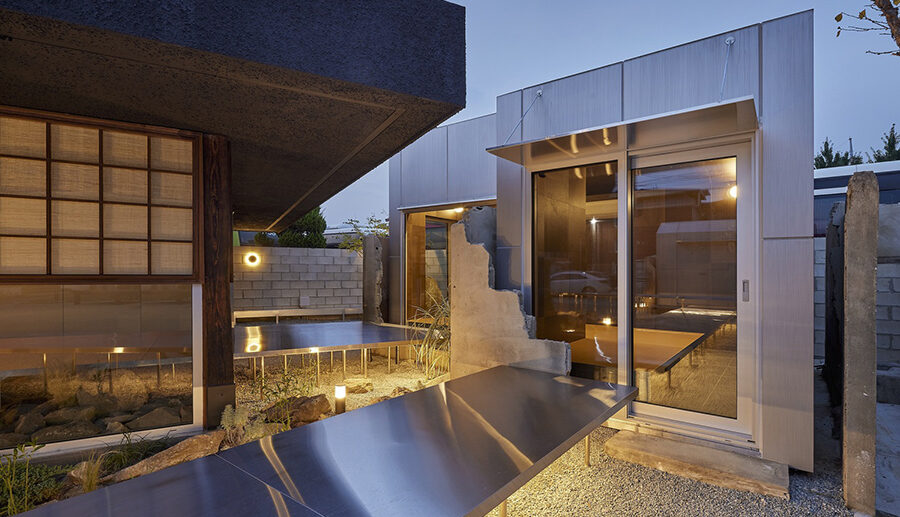
Palbok-dong, once a bustling industrial hub in Jeonju, South Korea, fell into disrepair due to shifts in the metropolitan landscape and industrial decline. The neglected factories and residential areas bore witness to the area’s rich history but were now emblematic of urban decay. In response, the ‘MBC Empty House 3’ initiative sought to breathe new life into the dilapidated district through collaborative efforts between Jeonju City, private enterprises, and a broadcasting station.
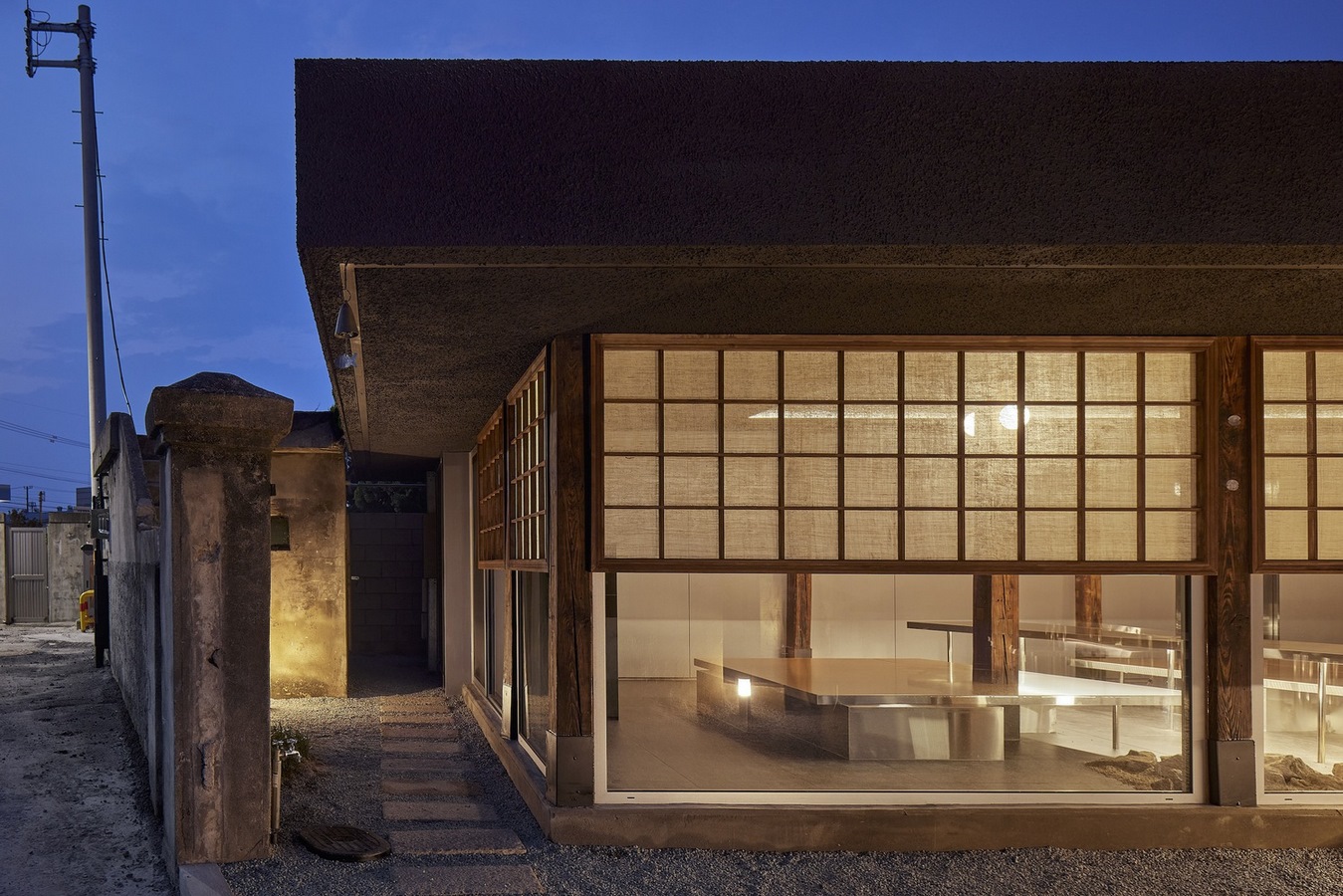
Restoring Heritage: The Joomak Concept
Among the four chosen sites for regeneration, ‘Joomak’ emerged as a beacon of hope, blending traditional tavern concepts with contemporary design elements. Symbolizing hospitality and community, Joomak was envisioned as a multifunctional space that honored its historical roots while embracing modernity. Despite structural challenges, such as collapsed roofs and deteriorated foundations, the design prioritized preservation, respecting the site’s cultural significance.
Seamlessly Integrating Spaces
NOMAL architects navigated the complexities of adaptive reuse, transforming derelict structures into vibrant communal spaces. By blurring the distinction between interior and exterior, the design created a sense of openness within confined quarters. The strategic removal of walls and integration of landscape elements extended the spatial boundaries, fostering connectivity with the surrounding environment.
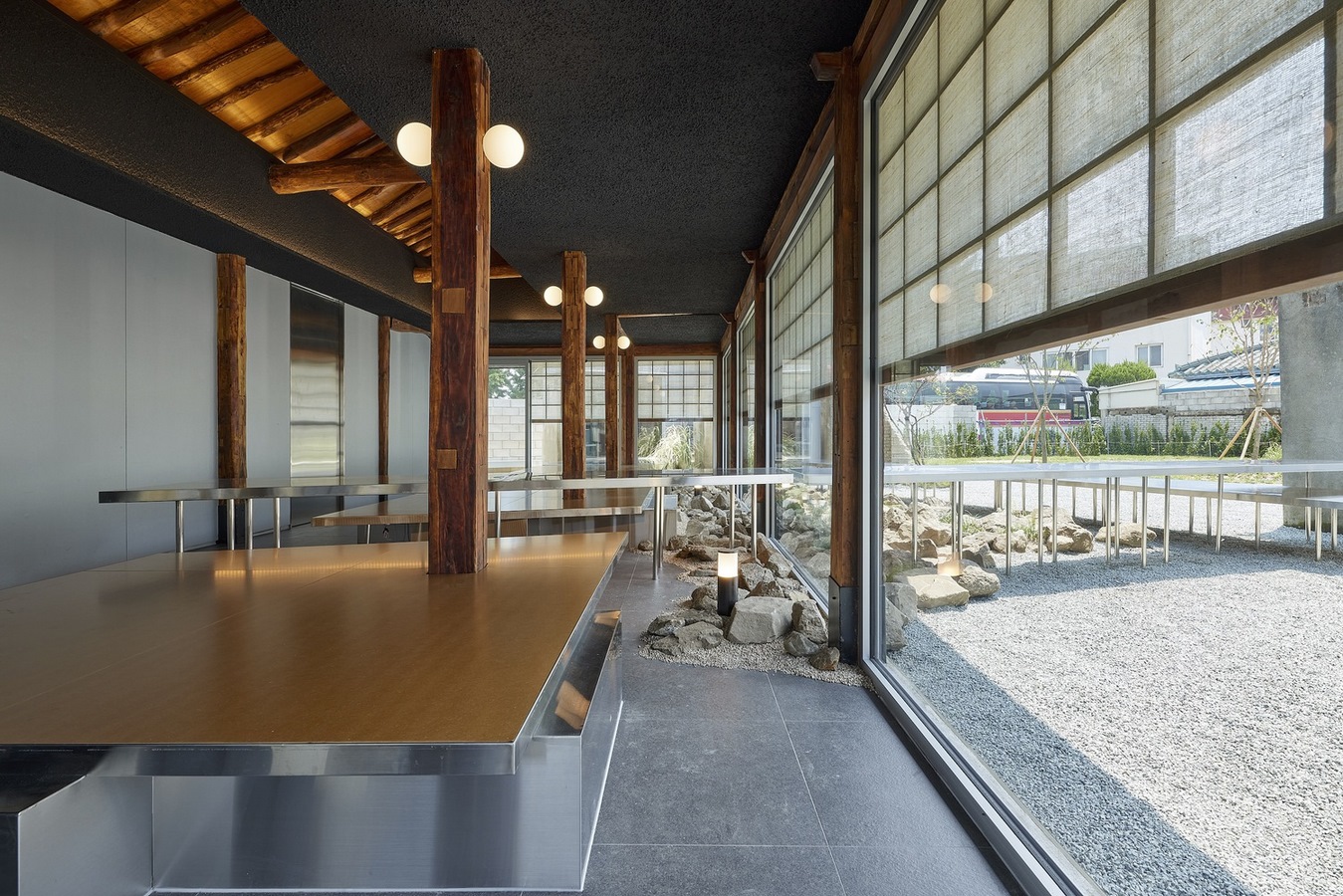
Innovative Solutions: Prefab Integration
The project encountered a significant hurdle with three structurally unsound houses. Instead of demolition, NOMAL devised a groundbreaking solution: lifting new prefab houses into the existing structures. This pioneering approach required meticulous planning and coordination between stakeholders, culminating in the successful installation of the new dwellings. The endeavor symbolized a triumph of innovation over adversity, signaling a new chapter in Palbok-dong’s urban regeneration journey.
Towards Sustainable Transformation
While the revitalization of Palbok-dong represents a promising beginning, sustainable progress hinges on continued support and community engagement. Long-term operation and management, coupled with policy initiatives, are imperative to sustain momentum and foster inclusive development. As Palbok-dong evolves into a vibrant nexus of culture and commerce, it embodies the resilience and collective spirit of its inhabitants.
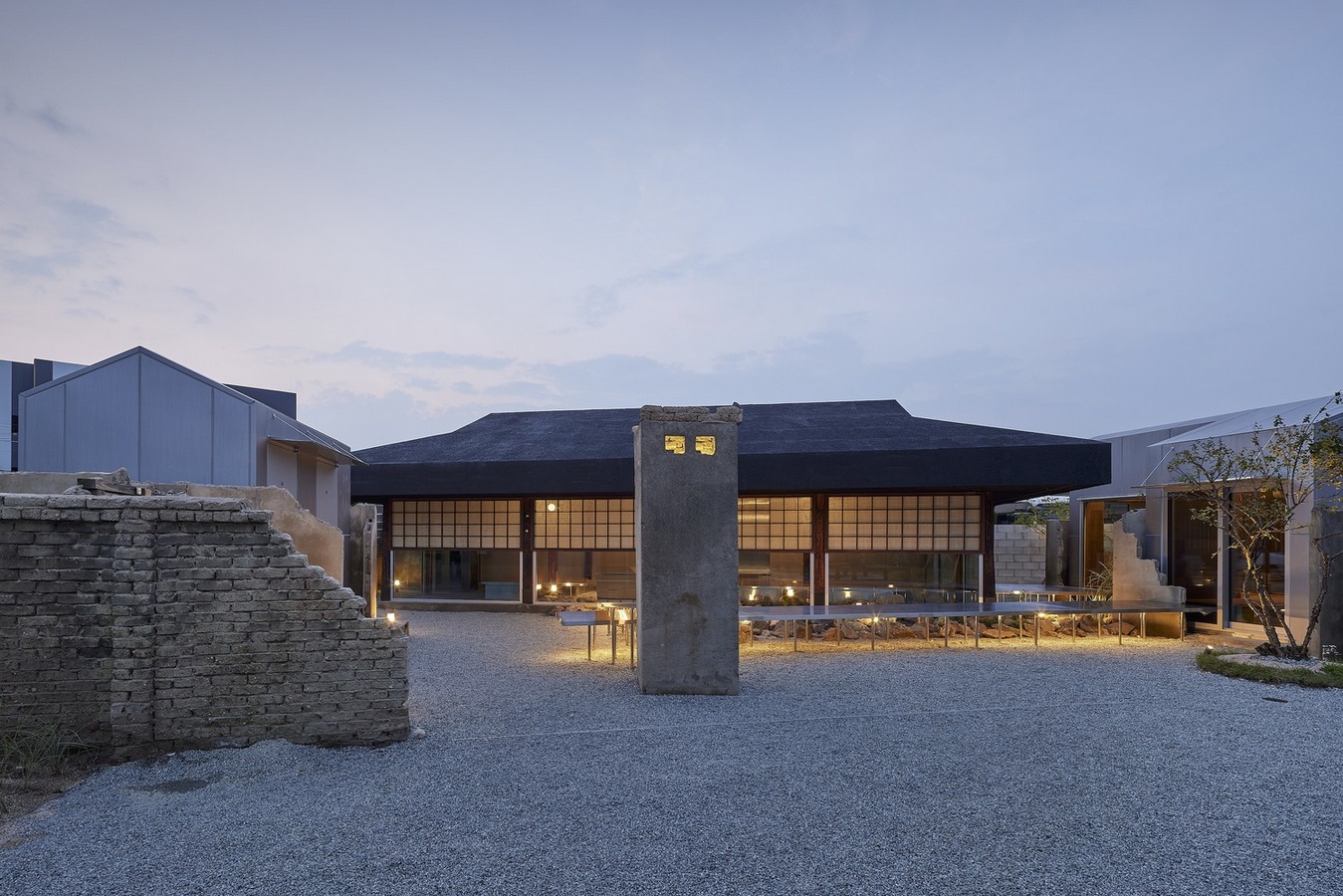
Conclusion: A Beacon of Hope
Joomak Restaurant stands as a testament to the transformative power of architecture and community collaboration. Its journey from dereliction to revitalization mirrors the broader narrative of Palbok-dong’s resurgence. As the district embarks on a path of renewal, guided by principles of preservation and innovation, it emerges as a beacon of hope for urban regeneration initiatives worldwide.
